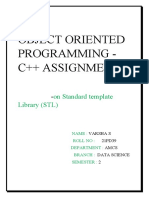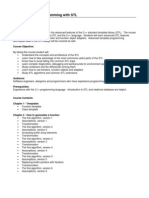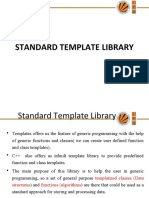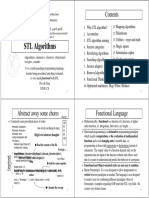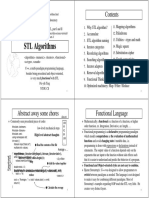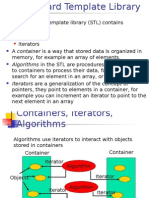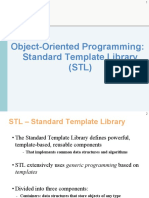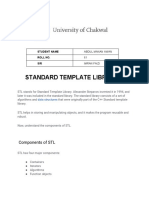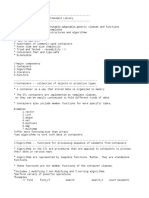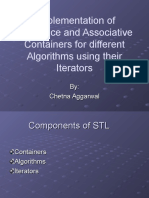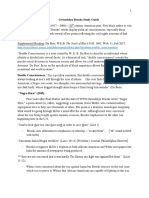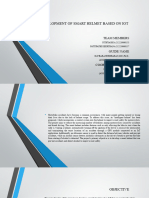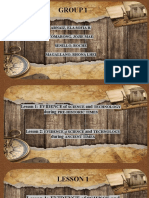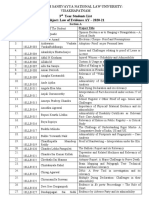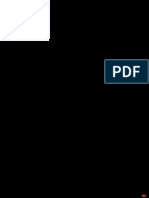0% found this document useful (0 votes)
45 views26 pagesStandard Template Library Tutorial
Trabalhar com as bibliotecas padrões da lingaugem C
Uploaded by
Max Robert MarinhoCopyright
© © All Rights Reserved
We take content rights seriously. If you suspect this is your content, claim it here.
Available Formats
Download as PDF, TXT or read online on Scribd
0% found this document useful (0 votes)
45 views26 pagesStandard Template Library Tutorial
Trabalhar com as bibliotecas padrões da lingaugem C
Uploaded by
Max Robert MarinhoCopyright
© © All Rights Reserved
We take content rights seriously. If you suspect this is your content, claim it here.
Available Formats
Download as PDF, TXT or read online on Scribd
/ 26
